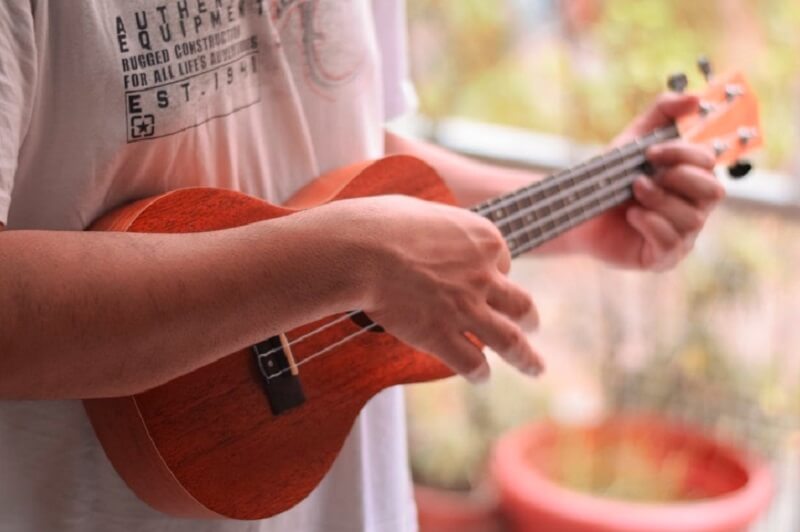Everyone knows that “practice makes perfect.” In anything you want to be successful in, you pour your efforts into learning and becoming good at it. Learning a musical instrument is no different. It is fulfilling, but it requires time and work. Practice is essential for you to realize your goals in the field of music. You slowly sharpen your skills as you focus on the challenging parts of playing an instrument until it is no longer difficult. It can try your patience and make you frustrated at times, but you will soon find it the most enjoyable and relaxing experience as you persist in practicing.
As you practice, your instrument becomes a part of you. You learn everything you need to know, slowly but surely, and start to notice improvements in the way you play your instrument. You also become adept at producing the quality of sound you want. If you are learning how to play the banjo, you will find that a gadget for banjo tuning will be of great help in knowing if your strings are in tune.
Below are some bits of advice to help you with your practice sessions and make each one count.
Set Up a Private Space to Practice
When you practice, you need to be away from distractions. Practicing requires you to focus, and any disruptions during your session can keep you from doing that. Additionally, having people around while you practice can affect you. You may start to feel conscious knowing that you can be heard, and you are pressured to get everything right quickly. Your practice space should also have everything you need to make the time you spend there productive. It should include a music stand, your instrument and tuner, a metronome, and your music sheets or tabs. Having everything on hand will keep you from the need to go in and out of the room and distract you even more.

Establish a Schedule and Follow it
While you may love your musical instrument, there will be times that you may not feel up to practicing and working on your skills. However, you need to be consistent with your practice sessions, especially if you are a beginner. This does not mean that you need to spend hours on your instrument. Even 15 minutes a day can be enough to improve. Determine the best time during the day when you can sit down and focus on practicing. If you want to achieve your goal, be consistent with your practice sessions.
Keep Yourself Inspired
People who are interested in learning a musical instrument derive inspiration from someone else. They admire them and hope that one day, they too can be as good. When you feel like you want to forgo practicing because you are not in the mood, listen to artists who inspire you. They can help you be more excited about practicing your instrument and speeding up your learning process.
The most challenging aspect of practice is getting it on the way. Keep in mind that these sessions are there for you to see what you may be doing wrong, and get it right. It makes playing second nature to you. While it requires hard work, you can be sure that your skills are enhanced and start playing like a pro.

